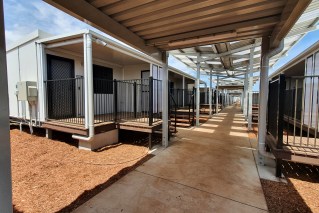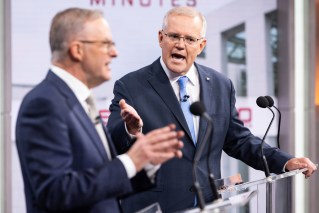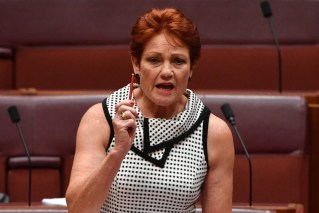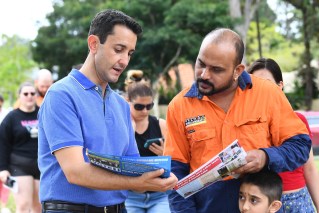Prism or prison? Four-year electoral terms could take the shine off ALP’s chances
Time is both a prism and a prison – and a four-year term might be the death knell for the State Labor Government, writes Greg Hallam

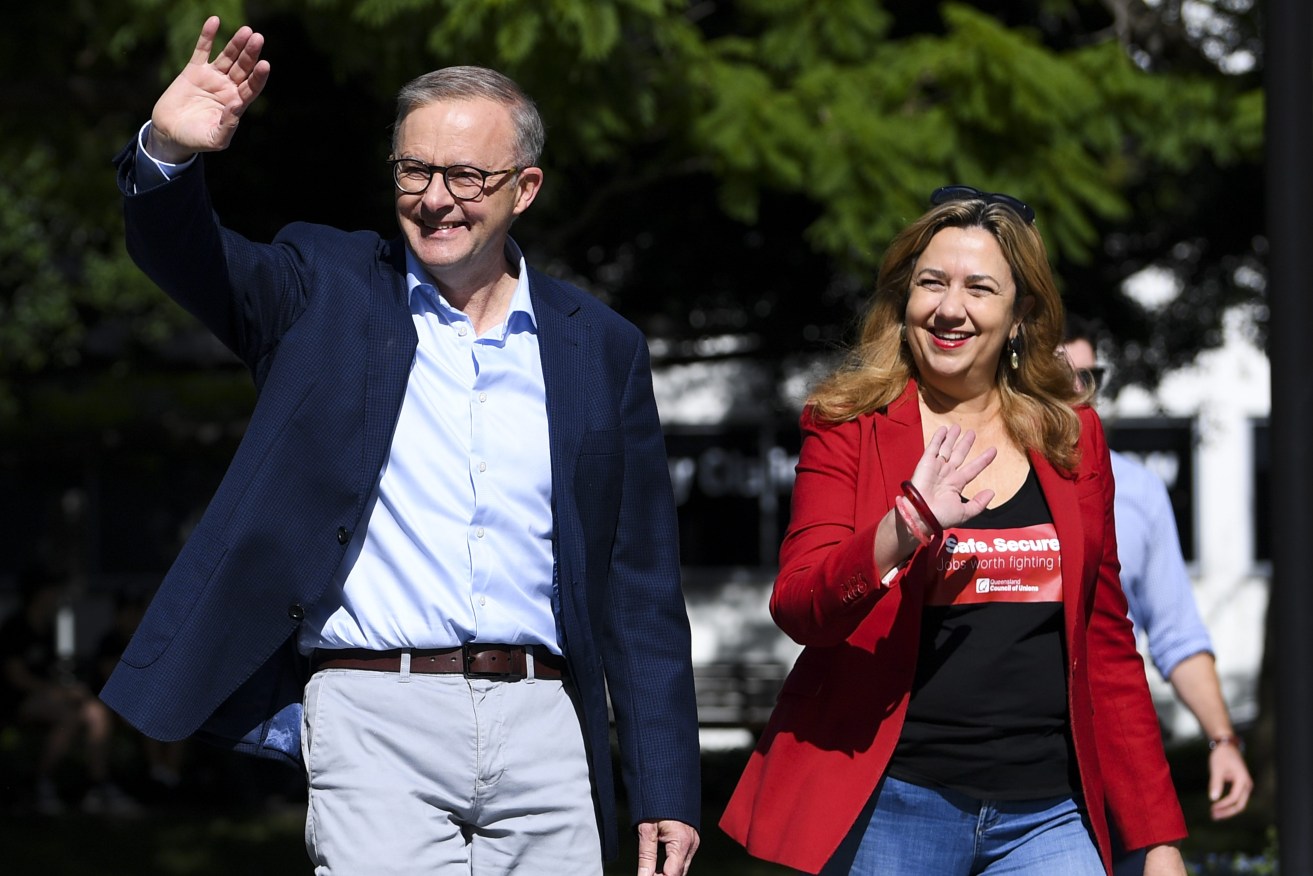
Australian Opposition Leader Anthony Albanese and Queensland Premier Annastacia Palaszczuk arrive ahead of joining the Labour Day march. (AAP Image/Lukas Coch)
The thought of four more years in office might just be the stumbling block for the Palaszczuk Government at next year’s October state poll. Especially if it’s a close run race and Labor are genuinely in the mix. Time could be the deciding factor.
Results from Queensland local government elections from 2000 onwards, when four year terms were first introduced into that level of government, confirm voters mark harder with an extra year of office on the table. Prior to 2000, Queensland councils had three-year terms.
The post 2000 results for the ensuing five elections show an average rate of elected member turnover rising by almost 20 per cent.
The punters don’t sit on the fence. In their minds, four years of office is very different to three years . If voters have reservations they are seen through the four-year prism (ie can i cop this mob for that long. Read, they mark harder).
Voters still have recent enough memory of three year state government terms , and of course three year federal terms, not to make the comparison with what will be the second four-year state election. Will they associate length of term with performance?
Of real significance is the fact that the four-more-years phobia is a state-wide phenomenon. Rural and regional Queensland voters think exactly the same as those in the populous south-east. It holds true across the length and breadth of Queensland.
For many voters, four years equates to half a decade. Paradoxically many Queensland studies show voters like four year terms, not because of some sense of better planning and more courageous decision-making by governments, but because it’s one less time that they have to vote in a decade. Self interest writ large.
Incumbency is always thought to be an advantage, especially for sophomores, first-term members, who are statistically more likely to get re-elected than their opponents. The thinking goes “I voted them into office four years ago, I was right then, so I’m not going to admit I’m wrong by changing my vote this next election”.
But then there is also an “it’s time” factor that seems to apply to three-term governments at all levels in Australia.
There is much published literature on the psychology of voting, but little or none of it addresses the length of office prism. For my two bob’s worth, for a lot of Queensland voters casting their ballot on 26 October, 2024, their internal thought process might go like this:
- What sort of a job has the current state government done?
- How bad have their failures been?
- Do they have a plan for the future?
- What goodies are they specifically offering me, and
- Do I like my local MP?
Alternatively:
- What’s the Leader of the Opposition like?
- Is his party capable of governing after 10 years in the political wilderness?
- Do I like their policies and top Shadow Ministers?
- What do I think of their local candidate, and
What’s in it for me?
Then if they are still undecided, which many could be, the time prism emerges – can I gift them four more years?
It’s a long time if I get it wrong .
Only time will tell the answer.
Greg Hallam is a former Chief Executive of the Local Government Council of Queensland and is an authority on the state’s regions. He writes regularly for InQueensland.



